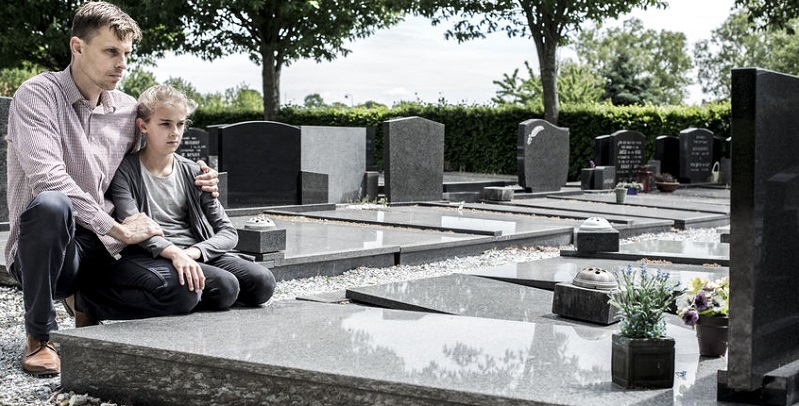The spouse and children of someone who died wrongfully in Colorado can recover compensation for the wages the deceased person would have earned.
Colorado’s Wrongful Death Act Has Limitations
A wrongful death claim attempts to establish the liability of one person or entity for the death of another. A wrongful death lawsuit could be thought of as a personal injury case in which the injured person is no longer able to pursue their claim, and another party must step in and bring the action on their behalf.
Like other states, Colorado has a series of laws that apply to wrongful death cases:
- The statute of limitations for wrongful death in Colorado is two years from the date of the death; however, this time limit can be extended if the plaintiff is disabled or if the defendant has been involved in fraudulent concealment of facts related to the claim.
- The surviving spouse of the deceased individual is the only person who may file a wrongful death claim during the first year after the death.
- During the second year, both the surviving spouse and any surviving children are allowed to bring a wrongful death claim.
- If the deceased individual had no spouse or children, his or her parents are eligible to file a claim.
- The deceased person’s parents are not permitted to file a claim if the deceased individual had a spouse or children, even if they decline to make a claim.
In the case of a survival action, the representative of the deceased person’s estate may file a claim to recover damages for losses to the estate.
Damages Recoverable in a Colorado Wrongful Death Case
Wrongful death lawsuits typically involve complex areas of law, and damage calculations often get extremely complicated, including not only income and benefits but also the monetary value of services and care provided by the deceased person. In order to recover damages, the claimant must prove that the death was caused by the negligence or intentional behavior of someone else.
The damages recoverable in a lawsuit for wrongful death are set forth in the Colorado Wrongful Death Act, and include the following:
- Wages and other forms of compensation that the deceased person would have received had he or she lived.
- Medical expenses for the care, treatment, and hospitalization of the victim related to the injury that resulted in the wrongful death.
- Benefits lost as a result of the death, such as life insurance.
- Reasonable funeral and burial expenses.
While there is no cap on economic damages under the Colorado Wrongful Death Act, only compensatory damages may be awarded — punitive (exemplary) damages are not available. The decedent’s dependents (spouse and/or minor children) are the only parties that will be eligible to recover in a Colorado wrongful death case, although more than one family member may be a beneficiary. The amount recovered will be distributed in direct proportion to the monetary damages sustained by each person.
What about solatium damages?
Solatium damages in the amount of $67,250 may be awarded in lieu of noneconomic damages to compensate the decedent’s family for loss of companionship, consortium, as well as pain and suffering and emotional distress. Solatium damages can be awarded in Colorado only if the defendant is found liable for the wrongful death in a trial, and cannot be reduced, even if the decedent was comparatively negligent.
If you lost a loved one due to the negligent or intentional behavior of someone else, contact Colorado personal injury attorney Dan Rosen for a free consultation to discuss the details of your case.

